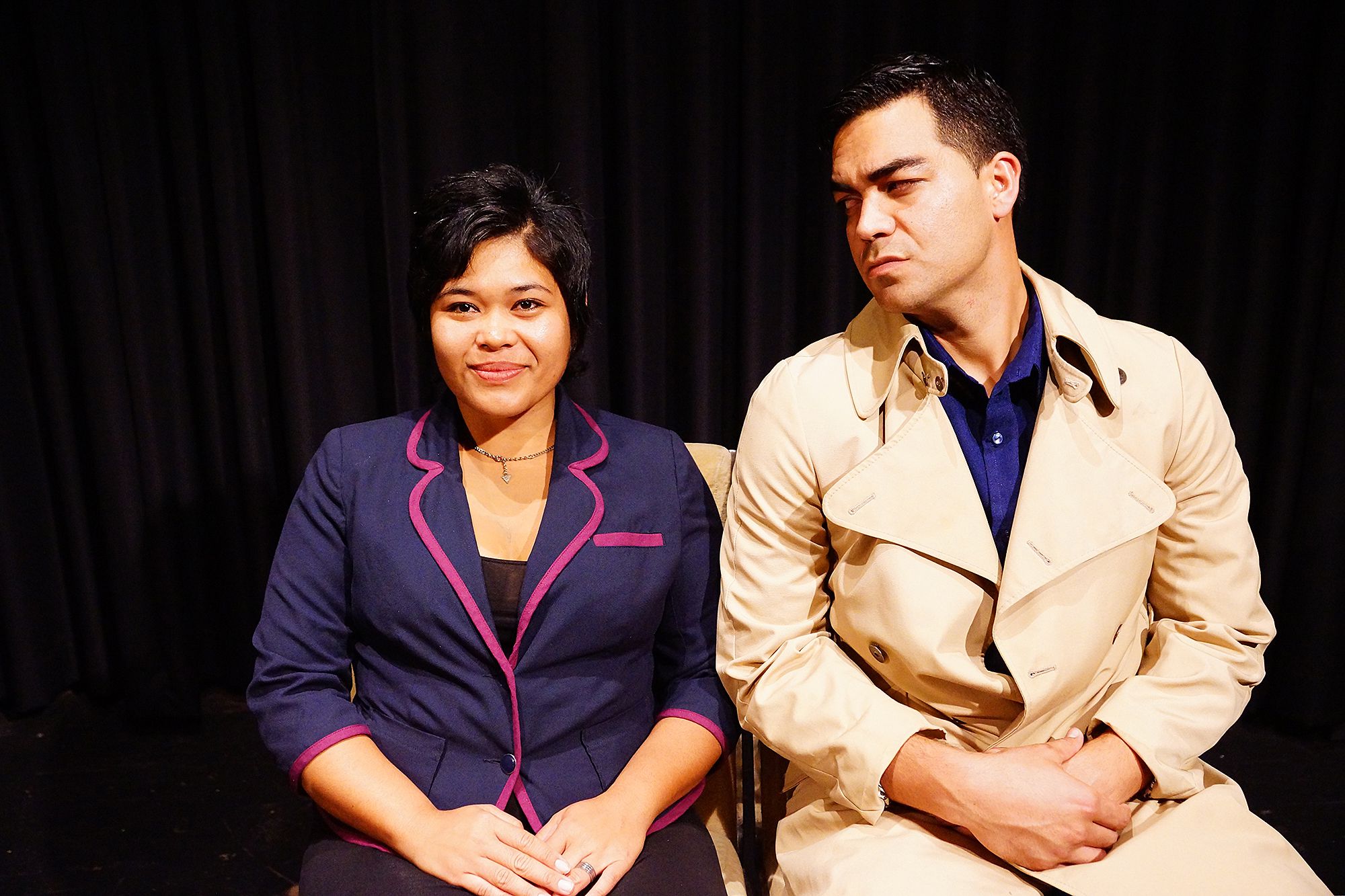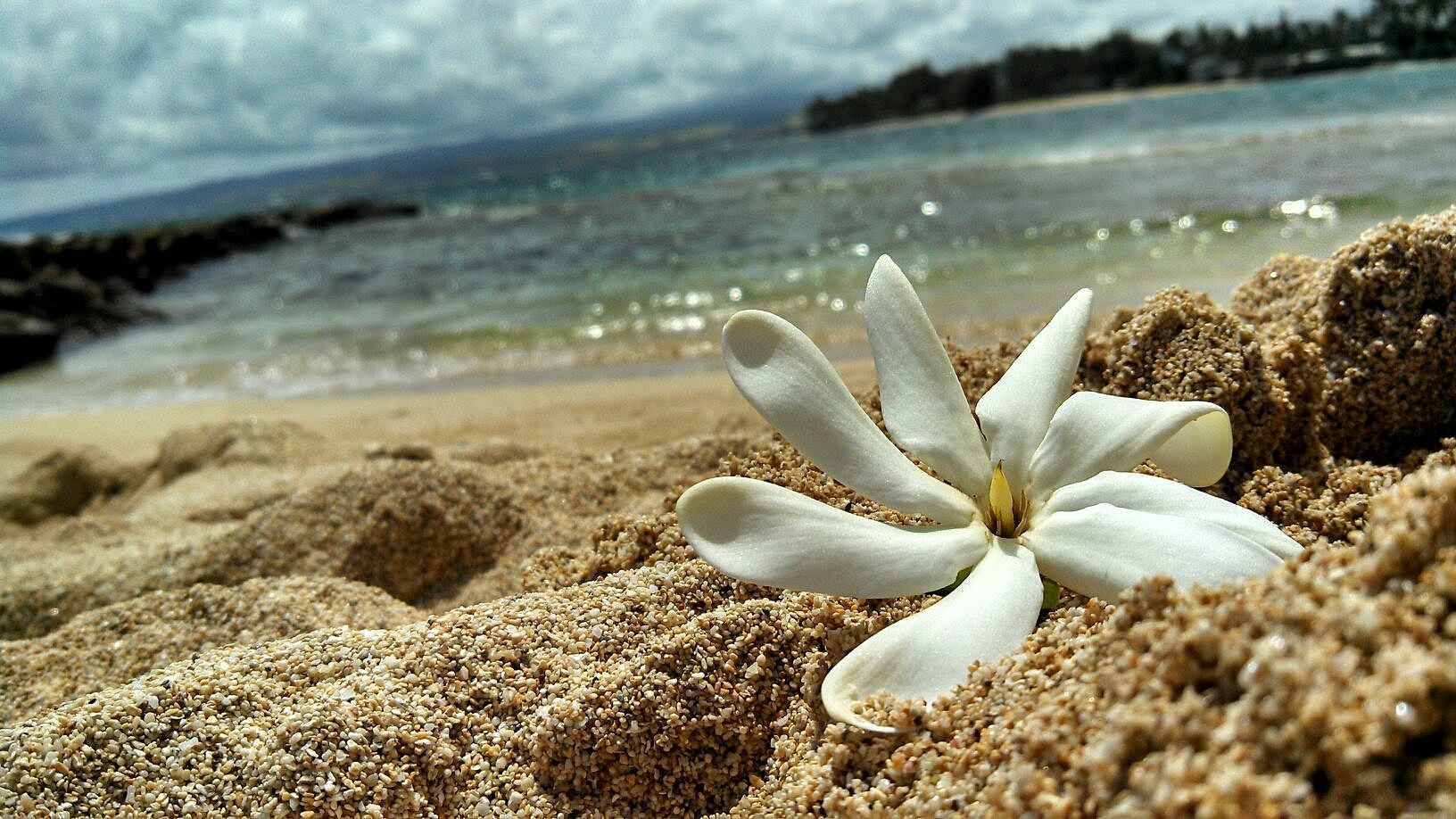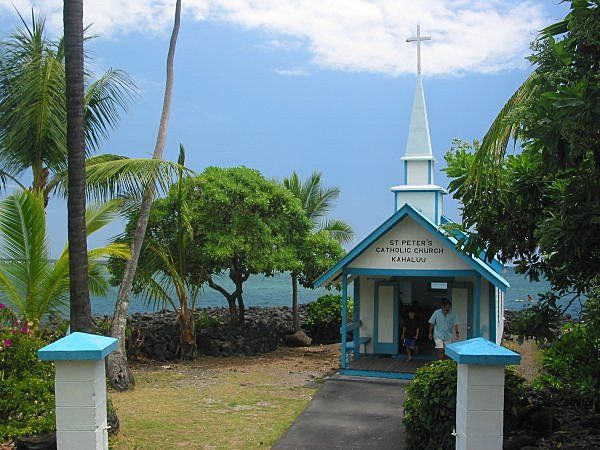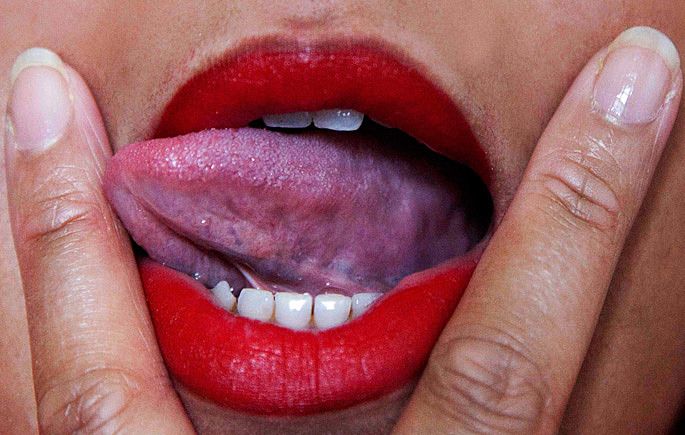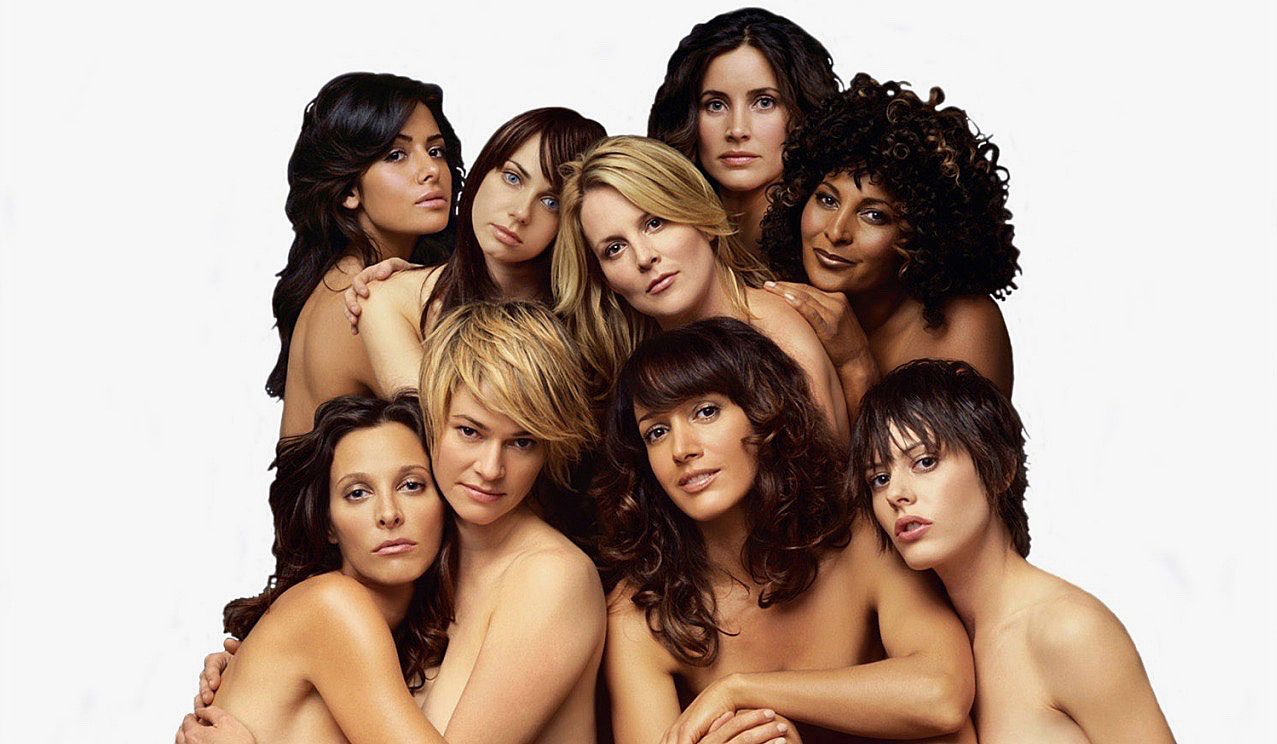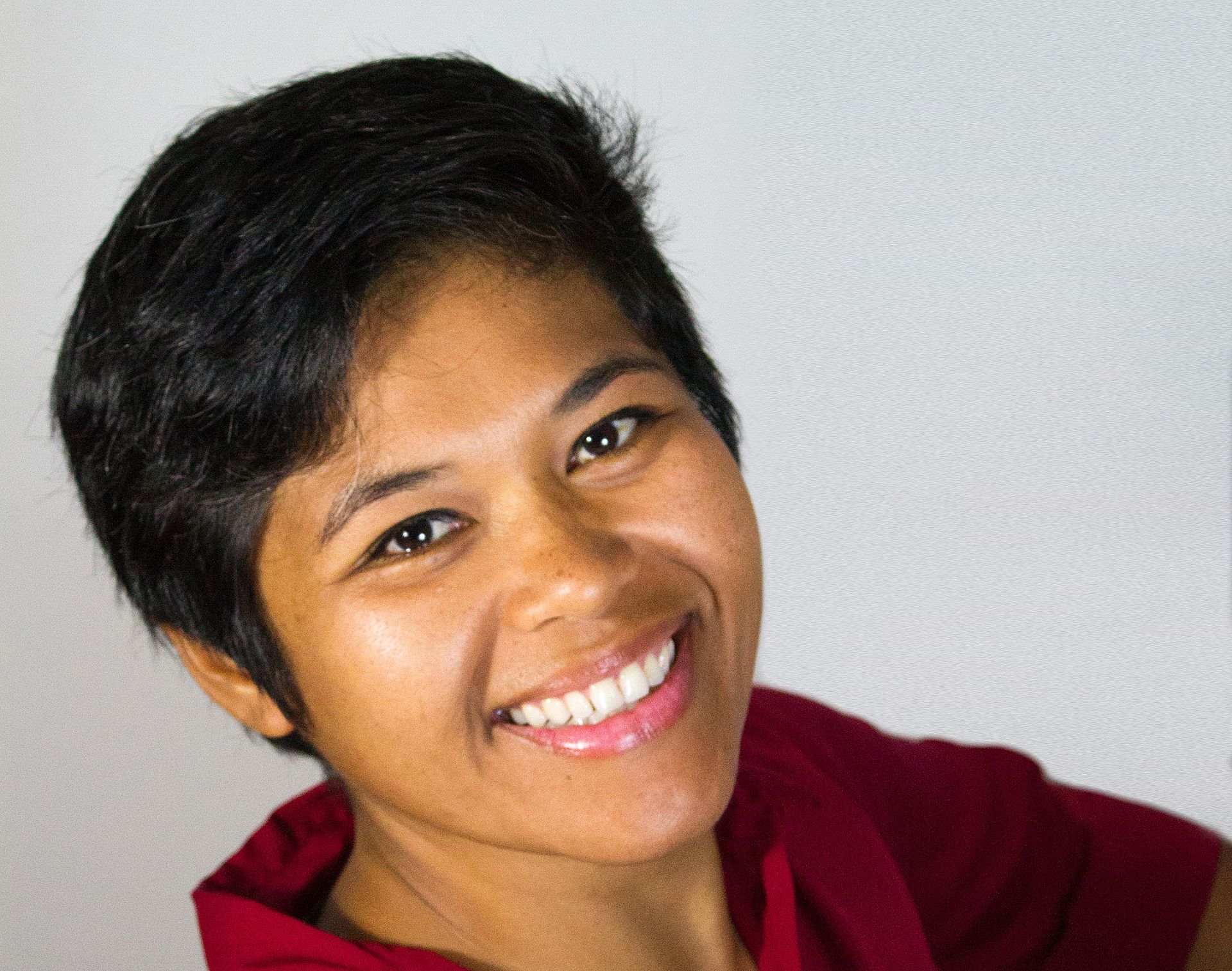Loose Canons: Kiki
Loose Canons is a series where we invite artists we love to share five things that have informed their work. Meet the rest of our Loose Canons here.
Hailing from Waianae, Hawaii, Kiki is a Samoan-Filipina actress and playwright who's currently studying for her MFA in directing. Her play Puzzy (developed with Victor Rodger) debuts next week at the Basement Theatre. A coming-out-coming-of-age, the play follows Mele, a Samoan Jehovah's Witness who's dealing with the fallout of coming out to her family and community.
Tusiata Avia
It was Spring 2007 and I was enrolled in a Pacific Literature course taught by Reina Whaitiri and Caroline Sinavaiana. Hawaii’s public school system had never introduced me to Pacific Literature prior to that class, and the poet who was introduced to me that semester - who struck me like lightning - was Tusiata Avia.
Watching her performance of Wild Dogs Under My Skirt shook my world, and from that moment I knew what I wanted to be: a strong Pacific female artist whose work leaves an audience aghast. I was livid. Who had kept such strong, smart, sharp Pacific Island creations from me? Why wasn’t it accessible to me growing up in the piko (naval) of the Pacific? That was a turning point for me as an artist.
Hawaiʻi
The islands of Hawaiʻi and Hawaii’s people influenced Puzzy, especially Puzzy in it’s original linguistic flair (I originally wrote Puzzy to sound like it's set in Hawaii, although Victor [Rodger] and Anapela [Polataivao] have localised it for a New Zealand audience - a country which I’m sure is as rich and diverse as Hawai’i). Puzzy takes us through a spectrum of people found not only on Hawaiʻi, but the sub-culture of lesbian and queer communities in the Pacific.
Hawaiʻi also influences Puzzyʻs sensuality. For Mele, sex is connected to place: to lands, mountains, water. It’s these natural elements that sexually drives her and therefore makes her own sexuality a very natural thing despite her religious conditioning.
Religion
Western religion has a stronghold on Pacific people. When telling stories that represent Pacific Islanders, it’s impossible to avoid a conversation about religion or spirituality. It’s rare to be without that, especially as a Pacific Islander. Religion is Mele’s ultimate conflict. It’s an internal conflict that ends up affecting her relationships, especially the relationship she has with her grandmother and the church - she's a Jehovah’s Witness, which follows very strict rules against homosexuality, exaggerating her fears. To “come out” is to disown the immediate family in addition to the family tied to a world-wide, tightly unified organisation. To live as an openly gay Pacific Islander calls for great sacrifices and it boils down to weighing out those sacrifices.
Social Media
“The internet is really, really great. For PORN!” A little off Broadway for you. Social media has really changed the world. We live in a time where you can shop for a blender on the same site as you can shop for a piece of ass. There are tons of dating apps opening up unlimited options for love and lust. It’s fascinating to me that a person’s entire social life could occur virtually. It’s a tool that isolates while expanding horizons. Blows my mind. Mele uses that tool to her advantage and it takes her to some unreal experiences.
The L Word
I mock Showtime’s series The L Word, but truthfully, I love it. That series opened up a Pandora’s box to a slew of lesbian TV and web series. Puzzy had to pay homage to The L Word. I gave it no choice. When I was first coming out, the characters in The L Word made up my lesbian entourage. However, that entourage displayed an image I could never live up to, because it’s Hollywood. Ultimately it didn’t represent who I was and this is why it’s important to speak my truth.
Speaking the truth hurts like hell, but it keeps you honest.
Puzzy is on at The Basement Theatre
9-13 February
Cover image: Kiki with Gerald Ramsey, playing T & Gary Cooper in My Name is Gary Cooper.
